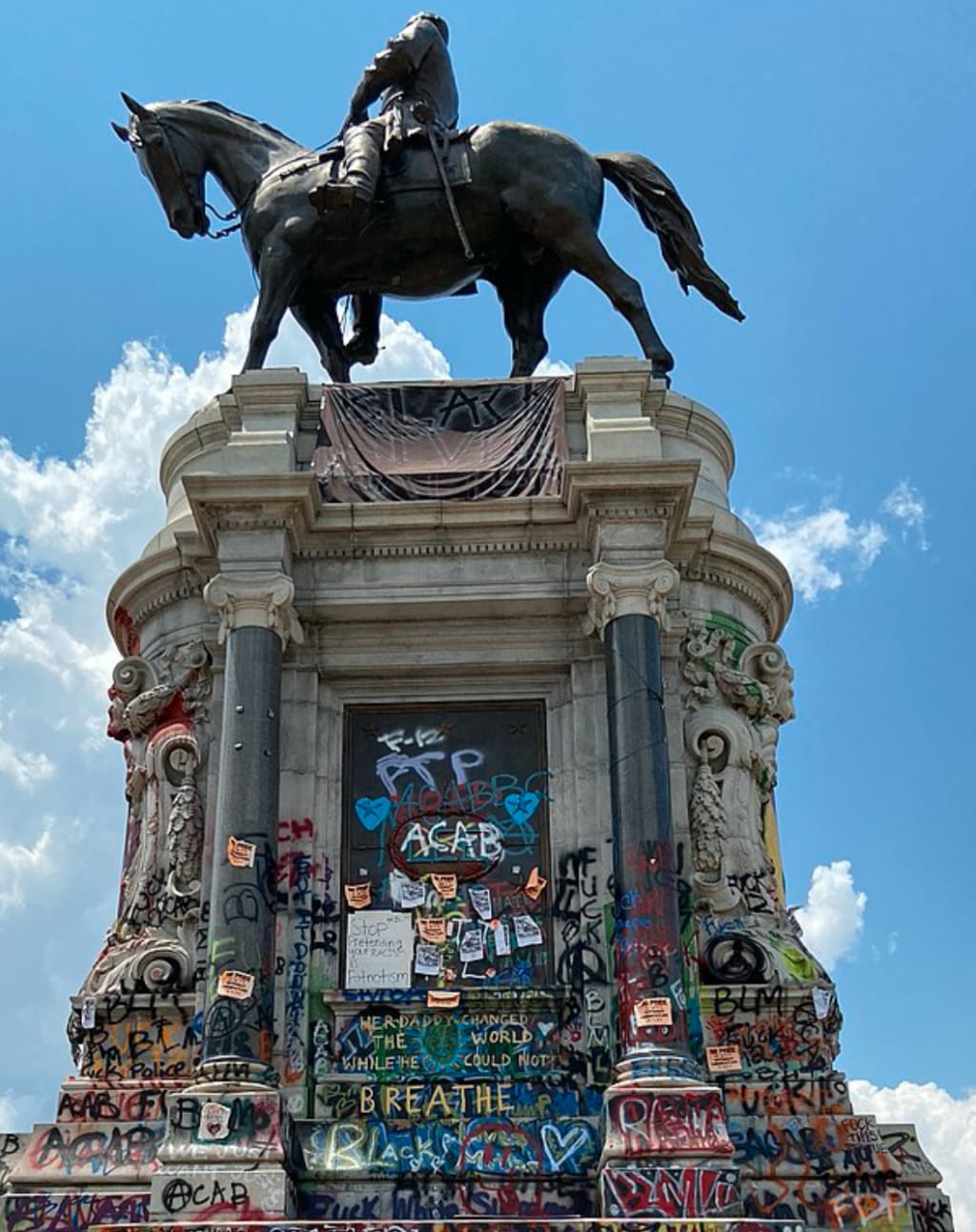White Terrorism and Islamophobia
White supremacist violence gets a free pass while Muslims are persecuted

Almost immediately after it emerged that a white supremacist had stabbed three men who were trying to prevent him from attacking Muslim women in a Portland train on 26 May 2017, killing two of them, the police force began to mitigate the brutality of what had happened.
“We don’t know if he’s got mental health issues,” Sgt. Pete Simpson said in the first public statement about the incident. The perpetrator’s childhood friend added: “I hope this brings attention to the need for mental health facilities and more outreach.” His mother struck a similarly apologetic note: “He’s always been spouting anti-establishment stuff but he’s a nice person.”
Inevitably, those close to the perpetrator tried to explain away the hate that drove this crime. Yet what this individual did was a political act as well as a murderous one. Politicians are often more afraid to condemn racially motivated violence than to condemn violence itself, as if racism were a mitigation for a crime. In the trial for the Charleston church shooting shooting of 2015, another white racist, Dylann Roof, made clear the real motives for his crime: “I don’t want anybody to think I did it because I have some kind of mental problem. I wanted to increase racial tension.”
An act of terror by a self-identifying Muslim would never have been treated as apologetically as were the Portland stabbings and the Charleston massacre. Compare these reactions to those following the Boston Marathon bombing and the San Bernardino massacre. Why the double standard? Why does white America excuse the racist hate that led the Portland stabbings and the Charleston shootings?
Among the most frightening aspects of the Portland stabbings is that the perpetrator, Jeremy Joseph Christian, 35, was long known to police and others as someone who endorsed murderous acts. To his Facebook followers, Christian’s willingness to kill innocent people should come as no surprise. But the authorities turned a blind eye to the threats that fill Christian’s public posts.
As his Facebook posts demonstrate, Christian made numerous appearances at white supremacist rallies in recent months. He was a well-known member of the Portland community, not an outsider, an alien, or an immigrant. He delighted in his own notoriety, noting in one post how a local reporter called him “the Lizard King.”
On May 9, Christian wrote on his Facebook page : “I want a job in Norway cutting off the heads of people that Circumcize [sic] Babies….Like if you agree!!!” More than two dozen of Christian’s Facebook followers signified their approval. One vowed to set up a fund to support “Americas newest hero Jeremy Joseph Christian.”
On 26 May 2017, Christian began verbally attacking two women on a train, one of whom was wearing a hijab. Police said he “began yelling various remarks that would best be characterized as hate speech toward a variety of ethnicities and religions.” When three men tried to intervene, he stabbed them. Two of them — Ricky John Best of Happy Valley, Oregon, 53, and Taliesin Myrddin Namkai Meche of Southeast Portland, 23 — died from their injuries.
At a court appearance this week, Christian was defiant, saying, “You call it terrorism, I call it patriotism!”
Had Christian been deploying the rhetoric of ISIS on Facebook, he would have been under FBI surveillance. Why, then, are white supremacists allowed to threaten violence against innocents while authorities look the other way? Why are people still willing to make excuses when expressions of racist hate turn into racist action?
In stark contrast, Egyptian-American Tarek Mehanna was sentenced to seventeen years in prison exclusively on the basis of his association with jihadist ideology, and not for any act of violence. But whereas Mehanna was immediately incarcerated for his support of violence, Christian’s threats were ignored, or tolerated, by the authorities. Like many white supremacists, the perpetrator of the Portland stabbings was regarded prior to his murders as merely a nuisance by authorities. Mehanna was imprisoned for his views, while white supremacists like Christian are all too often tolerated until blood is spilled.
The fight against racism is a battle that cannot be abdicated to others. It has poisoned this country and will continue to do so until white racism is taken as seriously as the terror that clothes itself in Islamic rhetoric.
I passed much of my adolescence on Portland’s streets. I attended poetry readings in Portland cafes and volunteered in soup kitchens, and hanging out in Powell’s, the country’s biggest bookstore. The violence of the past few days does not represent the Portland I came to know and love. However, it does reveal the ongoing racial iniquities in a country driven that is very far from overcoming its long history of racism.
Since 2017 (and of course well before then), there have been many murders of people of color, killed by police violence: George Floyd, Trayvon Martin, Daunte Wright, to name just a few. The Portland police’s mitigating approach and lukewarm response to the stabbings of 2017 expose the broader culture of passive racism that makes such deaths possible. Punishing white supremacist murder rather than excusing it is the first step towards overcoming its legacy.
About the Creator
Rebecca Ruth Gould
I am author of the award-winning book Writers and Rebels: The Literature of Insurgency in the Caucasus (Yale University Press, 2016). My Wikipedia page.
Subscribe to my YouTube Channel Poetry & Protest. ⬆️






Comments
There are no comments for this story
Be the first to respond and start the conversation.